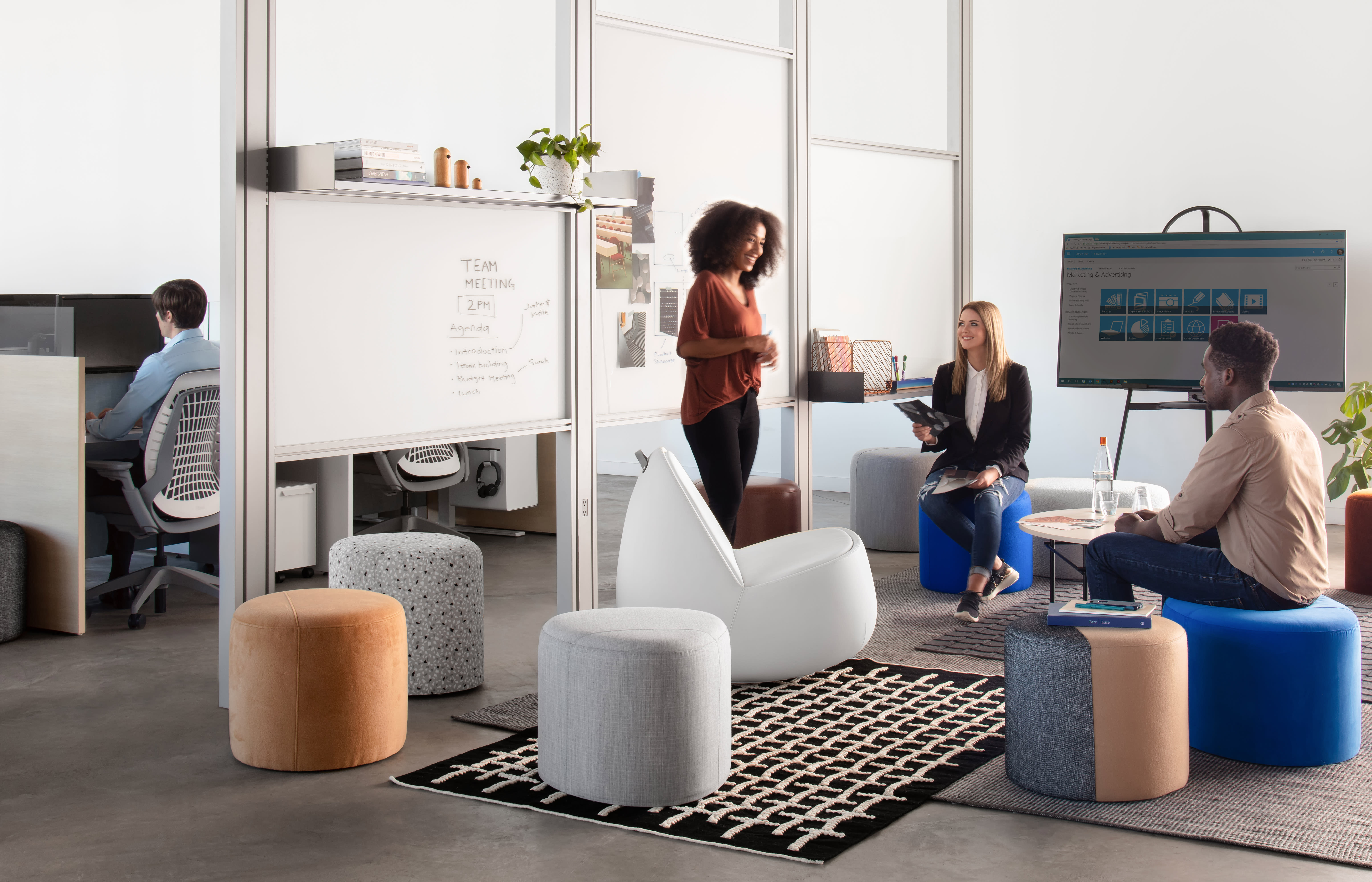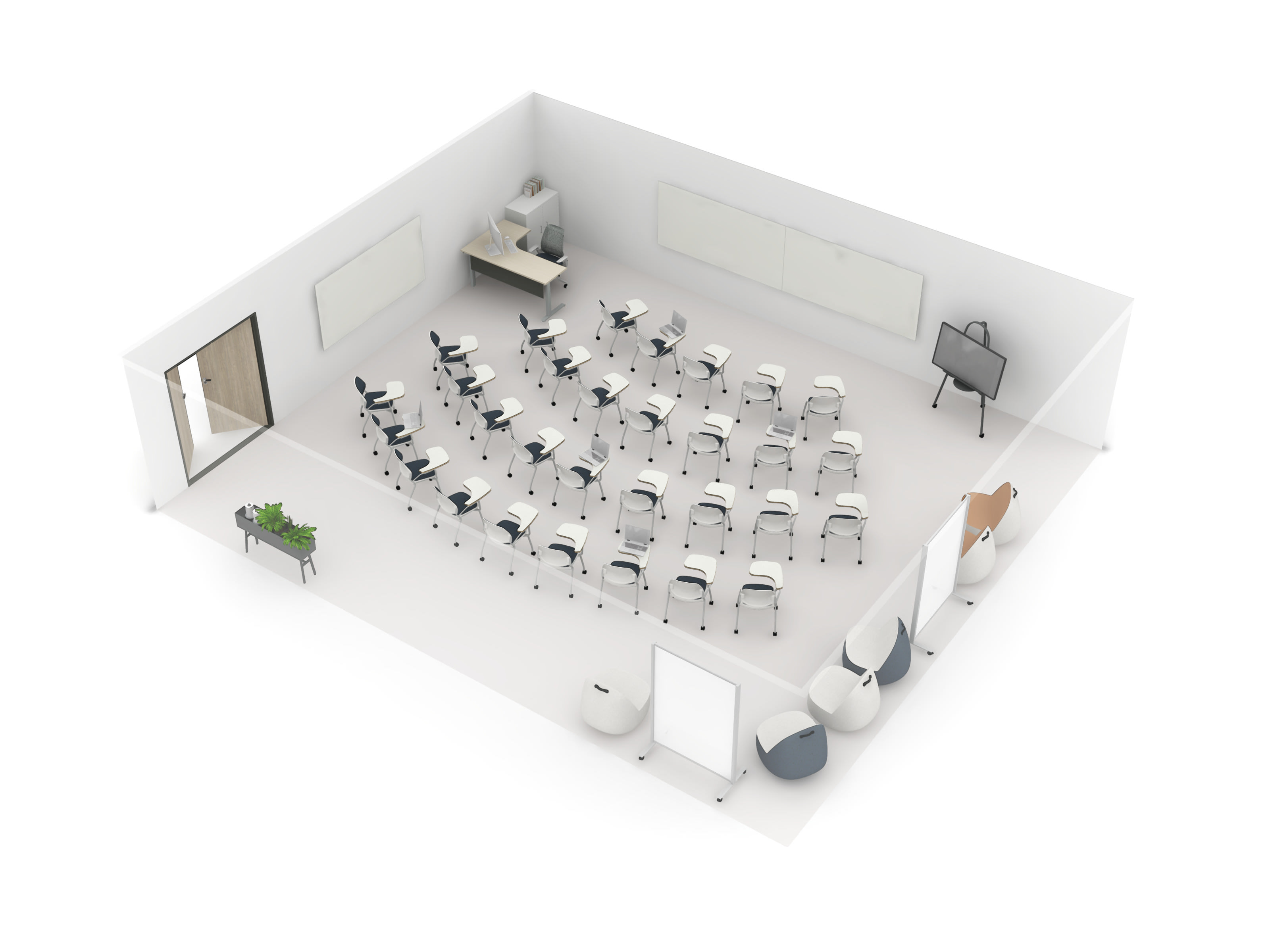In the wake of change, schools and universities have had to quickly form innovative ways of educating Gen Z students who have a new set of beliefs, expectations, and desires.
The fast-paced digital revolution has not only transformed our relationship with technology but has also shaped the values, aspirations, and outlooks of the new generation that has grown up in its wake. One widely adopted teaching method that has helped bridge the gap for educators is called “HyFlex.” The moniker is a mix of “hybrid” and “flexible,” as HyFlex is an educational model that combines flexible course structure and hybrid learning. This model provides Gen Z students with the option to attend classes in person, online, or both, based on the individual’s preference or the school’s guidelines from their state.
By creating a flexible environment and integrating technology that allows learning to occur in multiple locations at once, educators have experienced less disruptions to their course planning. However, an overwhelming majority of faculty members and technology administrators say meaningful student-teacher interaction is a hallmark of a quality online education, and that it is missing from most online courses (Online ed skepticism and self-sufficiency: Survey of faculty views on technology: Inside higher ed 2014). With 60% of TikTok’s one billion-plus users being Gen Z (What is Gen Z? 2023), it is clear today’s generation of students is well-versed in, and understands how to connect in, the digital world. Today’s educators must adapt to Gen Z students’ learning styles to maximize the quality of online education. By requiring scheduled virtual attendance, faculty members can create dynamic learning environments and improve meaningful interaction.
Gen Z is the youngest, most ethnically diverse, and largest generation in American history, comprising 27% of the US population (Meola, 2023). They are digital natives, crave autonomy, and value wellness. The HyFlex model provides students with autonomy to work on their own schedules and choice in the way that works best for them, either in-person, virtually, or by watching a recording. By requiring a virtual check-in with each student, educators can lean into Gen Z’s ways of connecting and support them in a thoughtful way that shows they care about their students’ wellness. By embracing the HyFlex model and providing students with greater autonomy at school, Gen Z students will develop independent working habits, ultimately creating a better future workforce. These new learning styles would not be possible without the right technological support, spaces that move and are flexible, and variations in space, such as learning environments that support students and staff both in person and virtually.
Although the pandemic made the HyFlex model more immediately necessary, it is part of a wider discussion within institutions as technology and world issues continue to merge. As issues such as globalization, social justice, economic inequalities, health, and climate change intersect, the conversation around hybrid and flexible learning will likely be at the forefront of changes within the economic system. Even with “back to normal” seemingly on the horizon, the inclusion of HyFlex educational models will continue to be a major factor in the discussion around what learning looks like and what it can be.
References
McKinsey & Company. (2023, March 20). What is Gen Z?. McKinsey & Company. https://www.mckinsey.com/featured-insights/mckinsey-explainers/what-is-gen-z
Meola, A. (2023, January 1). Generation Z: Latest gen Z news, research, facts 2023. Insider Intelligence. https://www.insiderintelligence.com/insights/generation-z-facts/#:~:text=What%20is%20Generation%20Z%20(Gen,as%20anyone%20born%201997%20onwards.
Online ed skepticism and self-sufficiency: Survey of faculty views on technology: Inside higher ed. Inside Higher Ed | Higher Education News, Events and Jobs. (2014). https://www.insidehighered.com/news/survey/online-ed-skepticism-and-self-sufficiency-survey-faculty-views-technology








